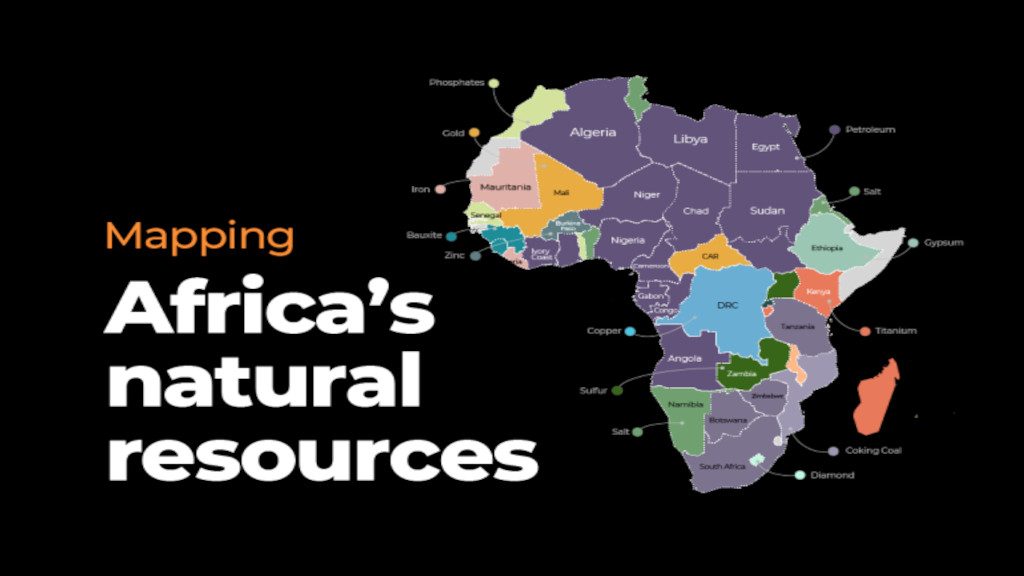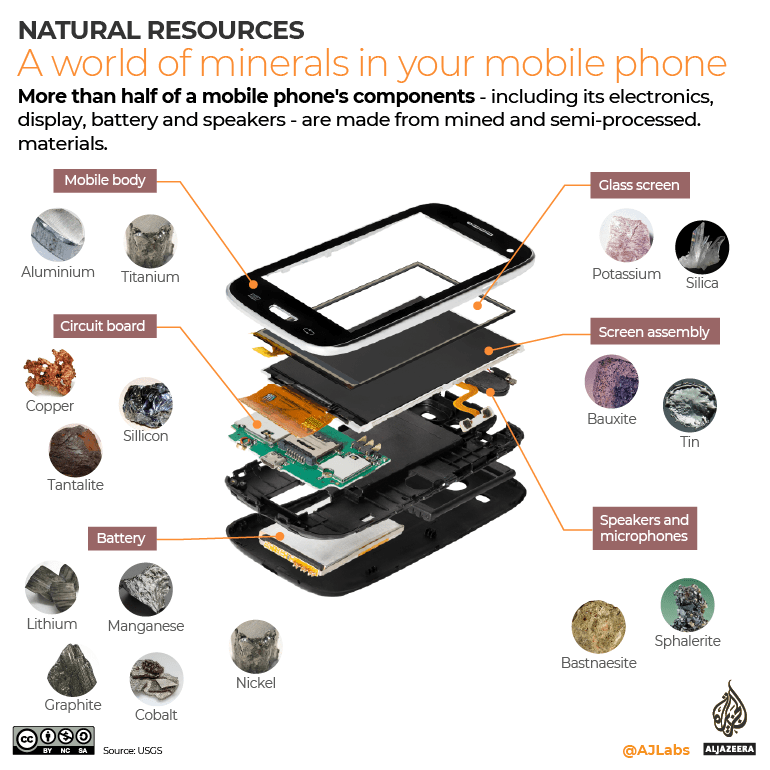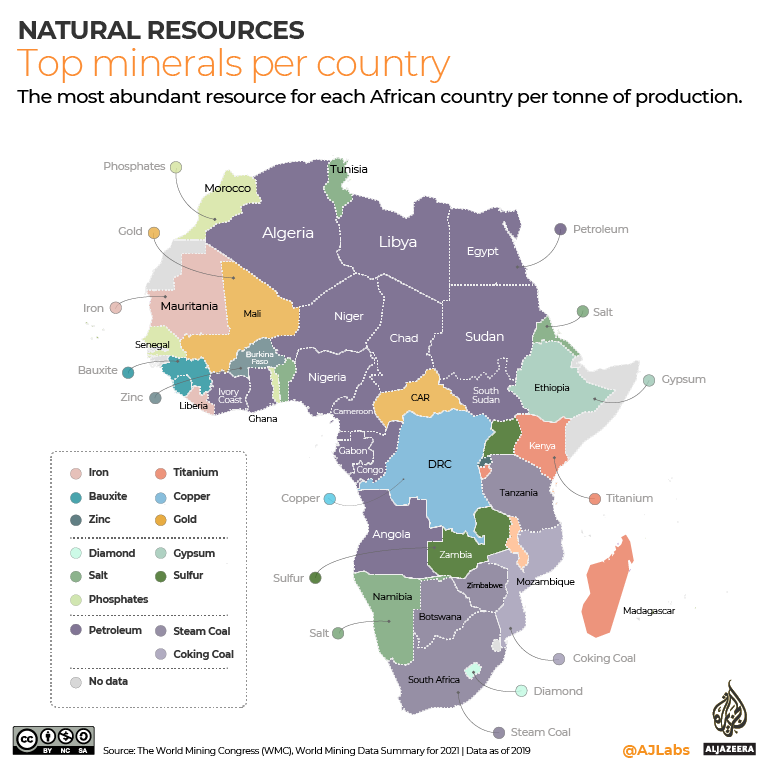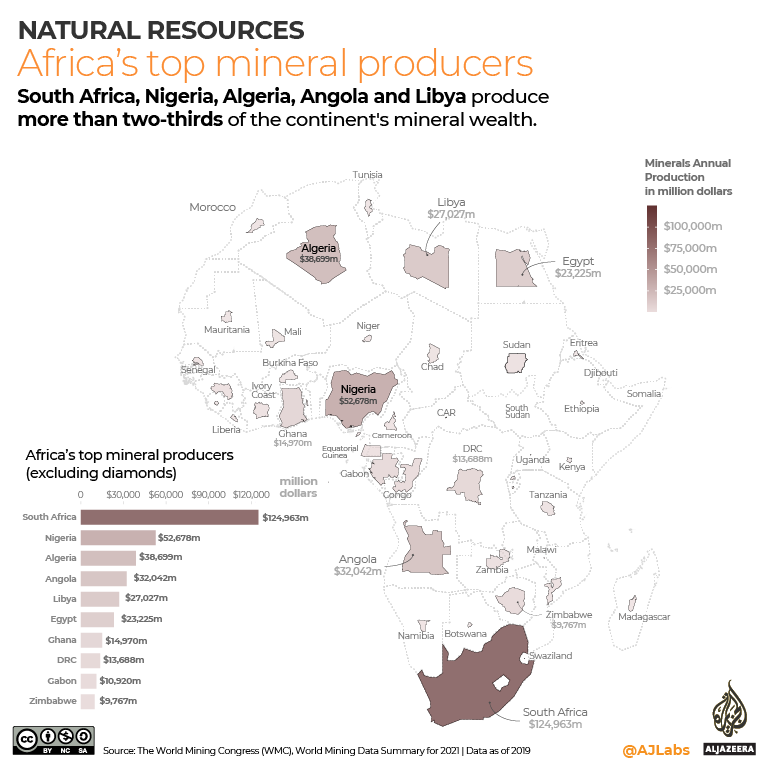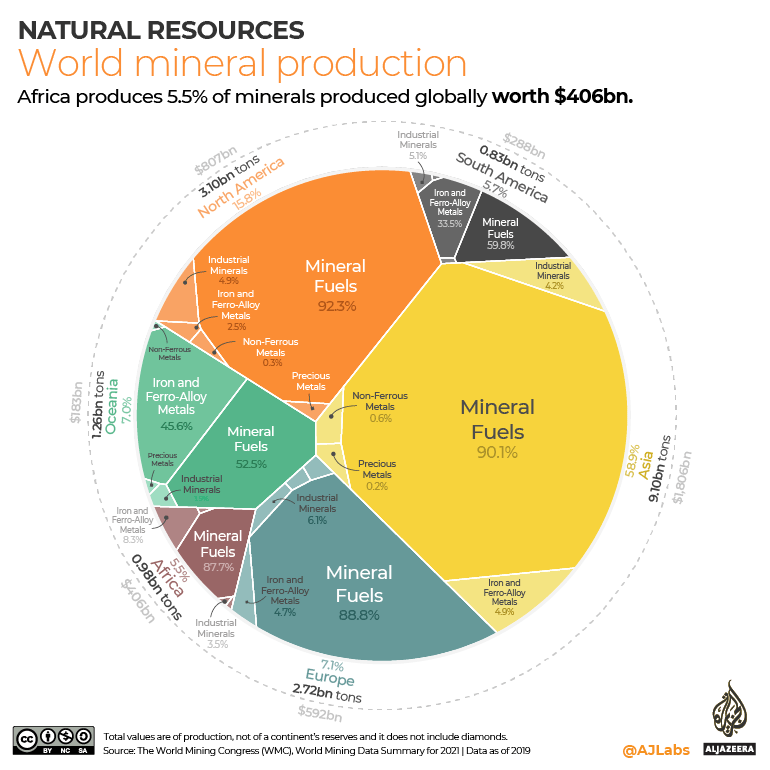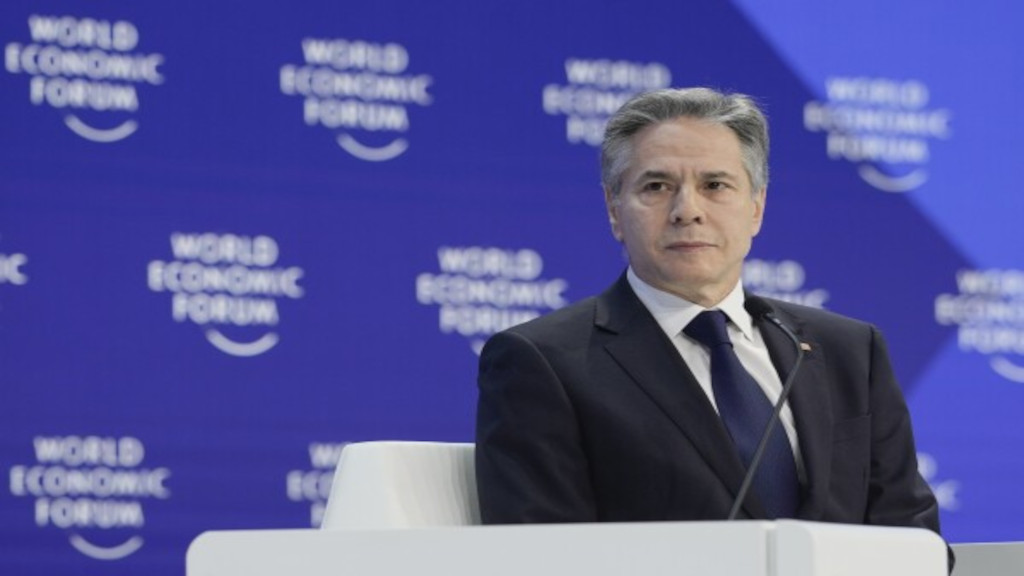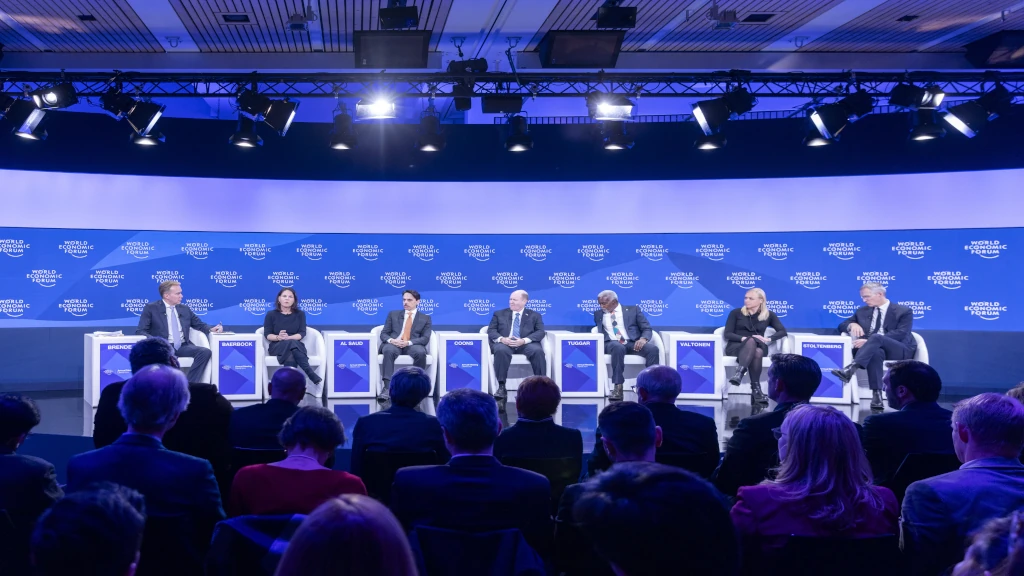Rwanda’s former minister of finance Claver Gatete takes over as the executive secretary of the UN Economic Commission of Africa at a time of great change for the continent.
Claver Gatete takes over the leadership of the United Nations’ Economic Commission for Africa (ECA) at a pivotal juncture, as we approach the halfway stage of the UN Sustainable Development Goals (SDGs) and as Africa enters the second decade of its development blueprint Agenda 2063.
The long shadow of Covid-19 still hangs over the global economy with countries around the world, but especially in Africa, trying to recover from the supply chain shocks, sky-high inflation and the subsequent interest rate hikes. Adding to the current instability is the war in Ukraine – arguably a symptom of a re-ordering in the 70-year old rules-based, neoliberal order that had, seemingly, been entrenched in the wake of the last major disruption, the Second World War.
Into the mix comes the latest, harrowing manifestation of the long running conflict in the Middle East and its potential to spill over with incalculable consequences for the world. The need for finance Also on the table is the stark fact what while Western countries, especially in America and Europe, have been able to run large deficits and inject large amounts of cash to kick-start growth, those in Africa and the wider developing world continue to be bogged down by a lack of concessional or affordable financing.
To add to their woes they also face existential threats from climate-related events, hence the urgent demand for a greater say in the global economic and political structures that do not serve them fairly. This is the maelstrom that Gatete steps into as executive secretary of the UN agency, which wasspecifically set up to “promote the economic and social development of its member states, foster intraregional integration, and promote international cooperation for Africa’s development”.
In pursuit of this mandate, the Commission offers advice to member states, helps to strengthen macroeconomic policy and supports efforts towards regional and sub-regional integration. Perhaps the best summary of what the ECA has been responsible for was provided by the late Professor Adebayo Adedeji, the celebrated former head of the organisation, in his presentation – History and Prospects for Regional Integration in Africa” in 2002. He said that the ECA had been involved in “the establishment of virtually all the major existing African regional integration arrangements (ARIA) namely, the Economic Community of West African States (ECOWAS, 1975), the Preferential Trade Area for Eastern and Southern Africa (PTA, 1981) which was subsequently transformed into COMESA, the Central African Economic Community (CAEC, 1983) and the African Economic Community (AEC, 1991)”.
When we met Gatete in Victoria Falls, Zimbabwe, he offered a practical assessment of what the ECA’s role should be during this dramatic moment in the history of the continent. Its more routine task is to support macroeconomic management, which he explains includes fiscal management, supporting the real productive sectors and fostering a balance between payments and monetary policy.
“Everything you do has an implication on the monetary side. Whatever decision you take definitely has an implication because if you have to accumulate more debt or more deficit, it has implications. So we help countries to manage their own macroeconomic situation, because that’s what is going to actually stabilise the country,” he says.
Continue reading ECA executive secretary Claver Gatete: Only a regional approach can deliver fast development
 afric-Invest
afric-Invest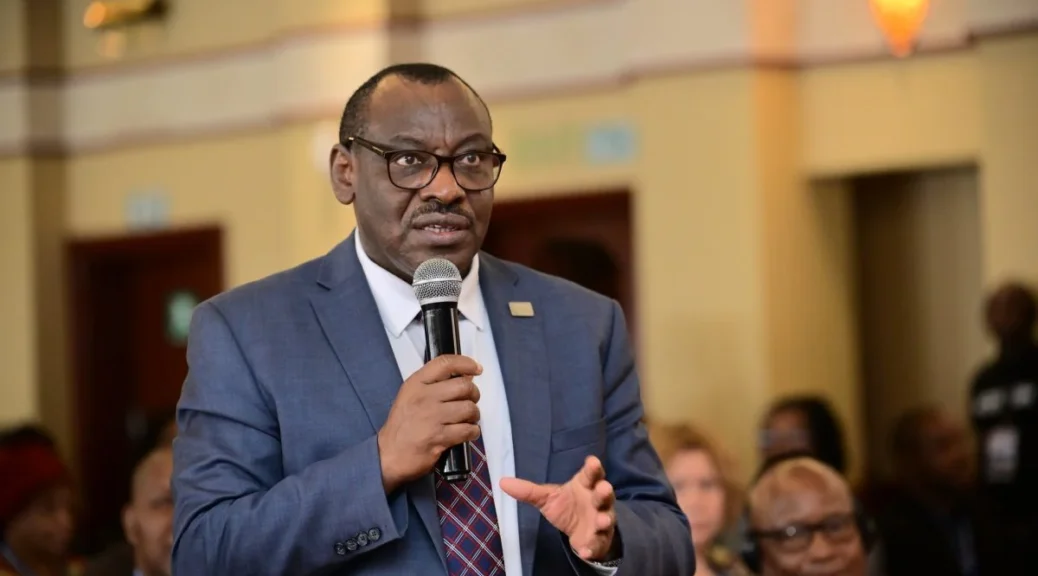
/cloudfront-us-east-2.images.arcpublishing.com/reuters/XG3BQCMMUZN5BCE456WVCAIIOQ.jpg)
